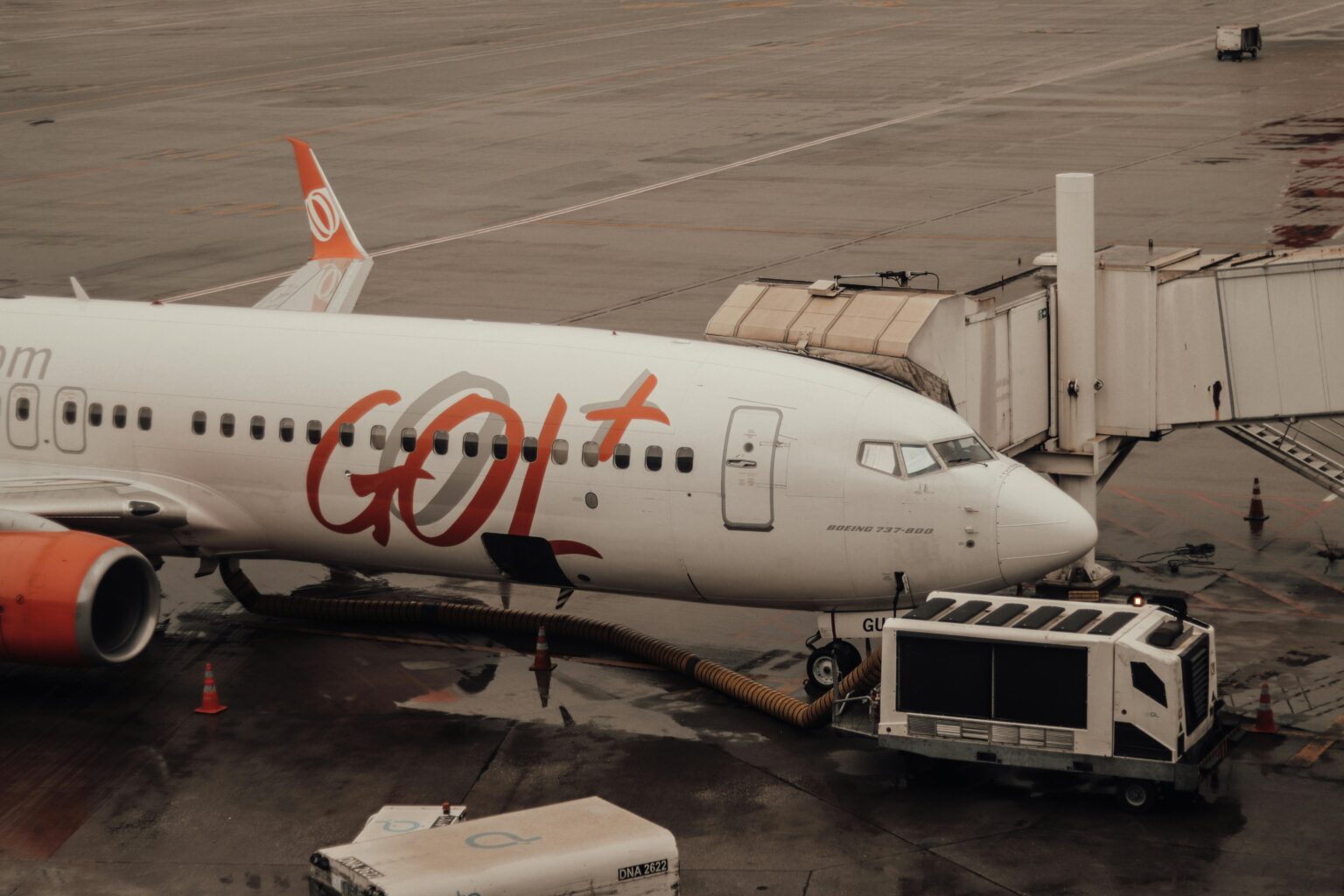The Brazilian government has expressed its support for a potential merger between domestic airlines Gol (GOLL4.SA) and Azul (AZUL.N), emphasizing its benefits for the aviation sector, job preservation, and economic stability.
According to Brazil’s Ports and Airports Minister, Silvio Costa Filho, the merger is seen as a crucial step to ensure the survival of both airlines and maintain connectivity within the country, Reuters reported.
Government Endorsement Amid Market Concerns
Costa Filho highlighted the government’s priority to safeguard the aviation industry and the livelihoods of those employed within it. “The possibility of a Gol-Azul merger is positive to strengthen Brazil’s aviation,” he stated in an interview with Reuters. The merger would result in a dominant carrier holding approximately 60% of the domestic market, surpassing the 40% market share held by LATAM Airlines (LTM.SN).
However, concerns have been raised regarding competition and potential airfare increases. LATAM’s Brazil head, Jerome Cadier, emphasized the need for “serious mitigation measures” from antitrust regulator CADE, should the merger proceed. Former CADE head Gesner Oliveira also warned that reduced competition could negatively impact consumers.
Financial Stability and Connectivity as Key Arguments
Proponents of the merger argue that it would enable both airlines to avoid financial failure, sustain employment, and facilitate access to lower-cost credit. The COVID-19 pandemic left many Latin American airlines burdened with high debt, leading to restructuring and bankruptcies. Gol has been under Chapter 11 bankruptcy protection in the United States since early 2024, while Azul recently restructured obligations with lessors.
Costa Filho assured that the deal is unlikely to affect airfare prices adversely, citing airlines’ strategies focused on increasing capacity and optimizing regional networks. He also stated that the approval process would be “closely monitored and discussed” by regulators, with a final decision expected by early 2026.
Regulatory Review and Market Outlook
CADE’s superintendent, Alexandre Souza, has confirmed that the regulator will scrutinize competitive conditions thoroughly. Meanwhile, both Gol and Azul have engaged in discussions with the government to address concerns about pricing and market control. Azul CEO John Rodgerson stressed that capacity expansion remains a priority in tackling airfare affordability.
President Luiz Inácio Lula da Silva has been following the merger discussions closely, according to sources familiar with the talks. He reportedly supports the deal to prevent the loss of a major airline in Brazil and to enhance accessibility to air travel for citizens. Under the memorandum of understanding, the merged entity would continue to operate under two distinct brands despite shared ownership.
Analysts at JPMorgan suggest that the low network overlap between Gol and Azul may facilitate regulatory approval despite their significant combined market share. As the process unfolds, the government, regulatory bodies, and industry stakeholders will continue to evaluate the long-term implications of the proposed merger on Brazil’s aviation sector and consumer market.
